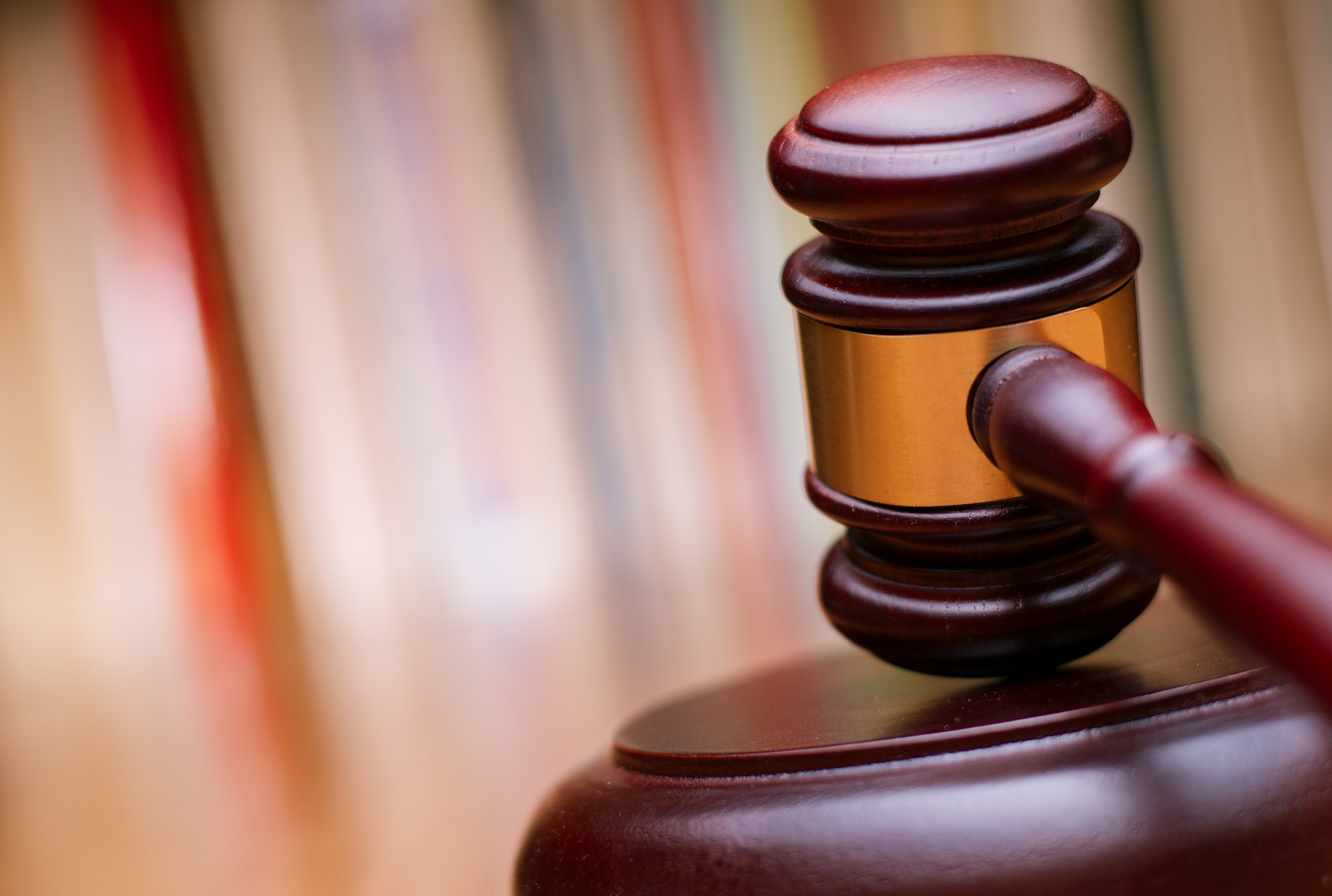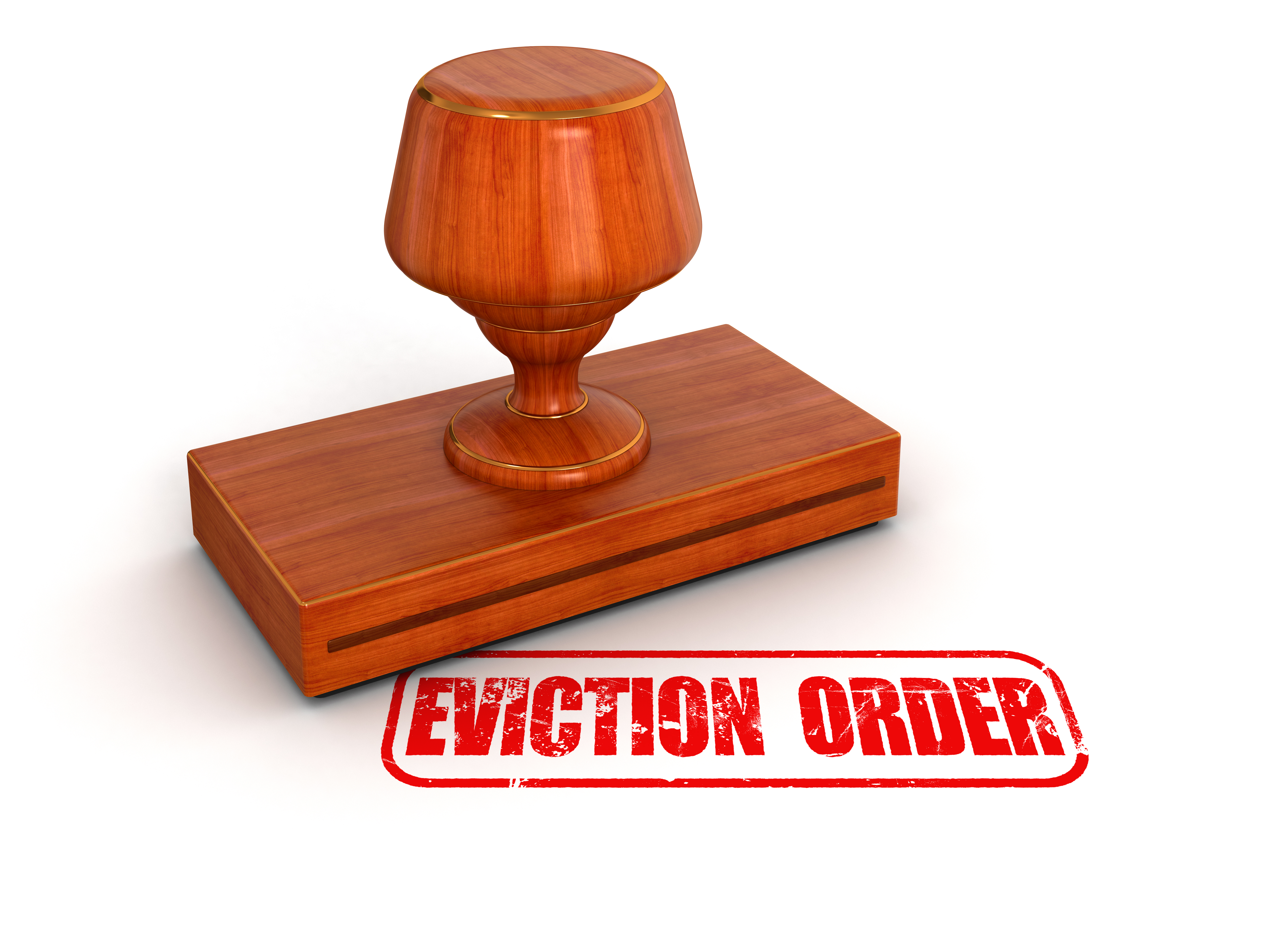Creditor Alert: Federal Judge Grants Injunction to Temporarily Block Law Slashing Judgment Interest Rate on Consumer Debts
By: Michael L. Moskowitz and Melissa A. Guseynov
 We previously reported on the Consumer Judgment Interest Act (S.5724A/A.6474A), enacted on December 31, 2021, which retroactively lowered the post-judgment interest rate from 9 percent to 2 percent. (See here: Consumer Alert: Judgment Interest on Consumer Debt Slashed by Governor Hochul). The reduction would sharply reduce the debt load for consumers who are unable to pay their debts before a judgment is entered.
We previously reported on the Consumer Judgment Interest Act (S.5724A/A.6474A), enacted on December 31, 2021, which retroactively lowered the post-judgment interest rate from 9 percent to 2 percent. (See here: Consumer Alert: Judgment Interest on Consumer Debt Slashed by Governor Hochul). The reduction would sharply reduce the debt load for consumers who are unable to pay their debts before a judgment is entered.

 On December 31, 2021, Governor Kathy Hochul signed the Consumer Judgment Interest Act (S.5724A/A.6474A) to protect New Yorkers from the excessive interest rate applied to money judgments arising out of consumer debt, including credit card, medical and student debt, by lowering the post-judgment interest rate from 9 per cent to 2 percent.
On December 31, 2021, Governor Kathy Hochul signed the Consumer Judgment Interest Act (S.5724A/A.6474A) to protect New Yorkers from the excessive interest rate applied to money judgments arising out of consumer debt, including credit card, medical and student debt, by lowering the post-judgment interest rate from 9 per cent to 2 percent. In a memorandum opinion, dated February 28, 2022, United States Bankruptcy Judge Robert E. Grossman stated he will no longer entertain motions for loss mitigation in chapter 7 or 13 cases assigned to him. He explained the loss mitigation program was implemented in 2009 as a temporary administrative process due to the collapse of the mortgage industry and was never intended to become a “de facto right or a new form of bankruptcy protection.” Thus, while debtors and secured creditors may reach a consensual mortgage modification, it will be on a voluntary basis only and not court-sanctioned, as nothing in the Bankruptcy Code allows a Bankruptcy Court to “forcibly restructure a residential mortgage.”
In a memorandum opinion, dated February 28, 2022, United States Bankruptcy Judge Robert E. Grossman stated he will no longer entertain motions for loss mitigation in chapter 7 or 13 cases assigned to him. He explained the loss mitigation program was implemented in 2009 as a temporary administrative process due to the collapse of the mortgage industry and was never intended to become a “de facto right or a new form of bankruptcy protection.” Thus, while debtors and secured creditors may reach a consensual mortgage modification, it will be on a voluntary basis only and not court-sanctioned, as nothing in the Bankruptcy Code allows a Bankruptcy Court to “forcibly restructure a residential mortgage.” As practitioners are aware, notarization is required for numerous sworn statements and affidavits. This typically requires the person executing the document to physically appear before a notary public. However, with the onset of the Covid-19 pandemic, New York allowed remote notarization to take place on a limited and temporary basis. However, on December 22, 2021, Governor Kathy Hochul signed into law Senate Bill 1780C, which permanently provides for electronic notarization with the use of video technology, subject to certain restrictions. The law, which takes effect on June 20, 2022, aligns New York with a majority of states that permit remote notarization.
As practitioners are aware, notarization is required for numerous sworn statements and affidavits. This typically requires the person executing the document to physically appear before a notary public. However, with the onset of the Covid-19 pandemic, New York allowed remote notarization to take place on a limited and temporary basis. However, on December 22, 2021, Governor Kathy Hochul signed into law Senate Bill 1780C, which permanently provides for electronic notarization with the use of video technology, subject to certain restrictions. The law, which takes effect on June 20, 2022, aligns New York with a majority of states that permit remote notarization.  Governor Kathy Hochul allowed the moratorium on COVID-related residential and commercial evictions and foreclosures for New York State to expire on January 15, 2022, noting it was never intended to be permanent. The statewide moratorium was extended several times since it was first passed in the early days of the pandemic. For now, tenants can still file for eviction protection and rent relief with the state Office of Temporary Disability Assistance.
Governor Kathy Hochul allowed the moratorium on COVID-related residential and commercial evictions and foreclosures for New York State to expire on January 15, 2022, noting it was never intended to be permanent. The statewide moratorium was extended several times since it was first passed in the early days of the pandemic. For now, tenants can still file for eviction protection and rent relief with the state Office of Temporary Disability Assistance.



